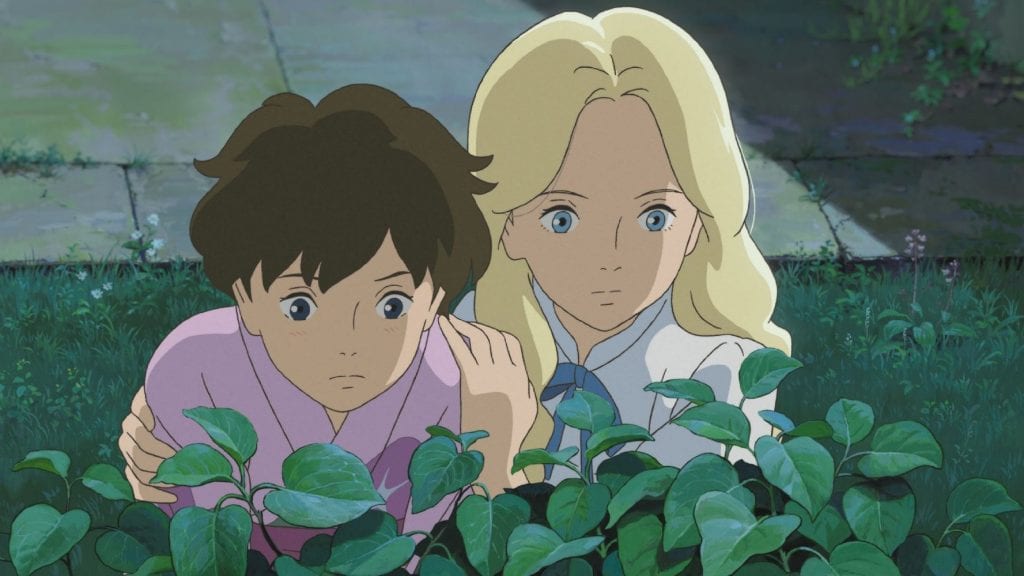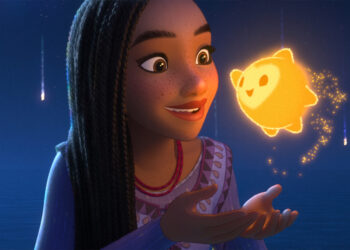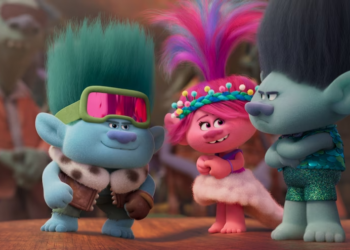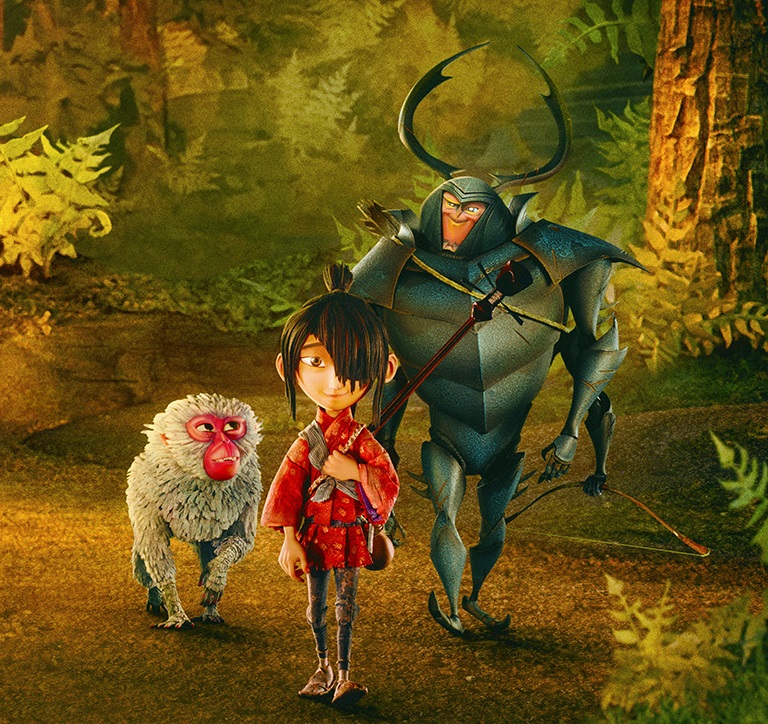“In this world, there is an invisible, magic circle. There’s an inside and an outside. And I’m outside.” Thus begins Studio Ghibli’s When Marnie Was There. Based on Joan G. Robinson’s book, the film was directed by Hiromasa Yonebayashi (The Secret World of Arrietty) and was rumored to be Studio Ghibli’s final film before its indefinite hiatus back in 2014.
The story introduces us to Anna, a shy, budding young artist, who suffers from asthma and keeps herself closed off from her loving foster parents and peers. Her worried mom sends her to a seaside town to spend the summer with relatives in hopes that the fresh, sea air will help Anna’s asthma. Anna struggles to adapt to the new town but finds herself strangely drawn to an elegant, dilapidated mansion near a marsh. There she meets a mysterious, kind girl her own age named Marnie. Together, the two girls form a strong, secret friendship. Anna soon finds that not everything is as it appears as strange occurrences and misunderstandings threaten her close relationship with Marnie.

The film’s animation does not disappoint, and the music, simple but sweet, goes well with the story. The main characters—Anna and Marnie—are relatable as both girls struggle with their own, personal hardships. Friendship and hope are the main themes in this film. The pacing is relatively slow, but I didn’t find it too distracting. I watched the English dubbed version of this movie, and I highly recommend it; the voice acting is excellent. Viewers may be confused by some scenes in the movie. In a featurette for the film, one of the voice actors likened it to a ghost story (it’s not scary). I feel that it could be described as a time-traveling tale as well.
Overall, When Marnie Was There is a worthy addition to Studio Ghibli’s collection. It may not be as fantastical as Spirited Away or Howl’s Moving Castle, but the movie has its own subtle magic that’s effective and haunting at the same time. It’s sad that this film may be the last one made by Studio Ghibli, but in a way, When Marnie Was There is a perfect, bittersweet farewell to Studio Ghibli fans everywhere.







